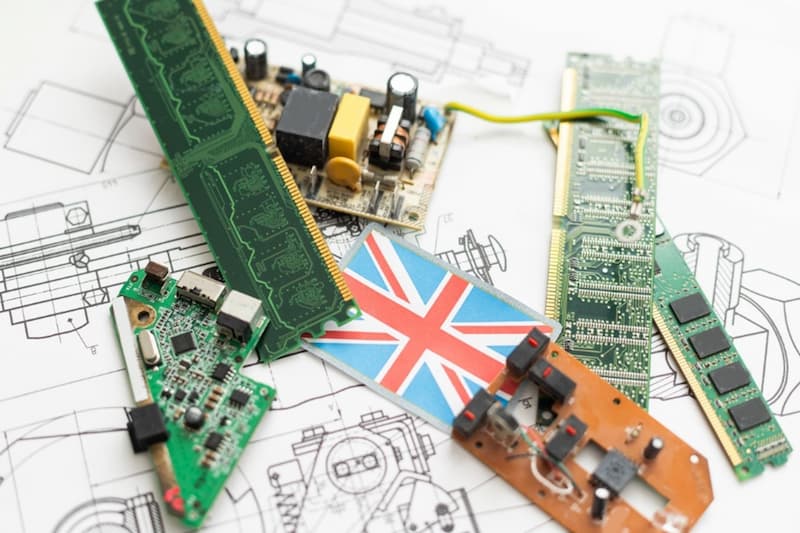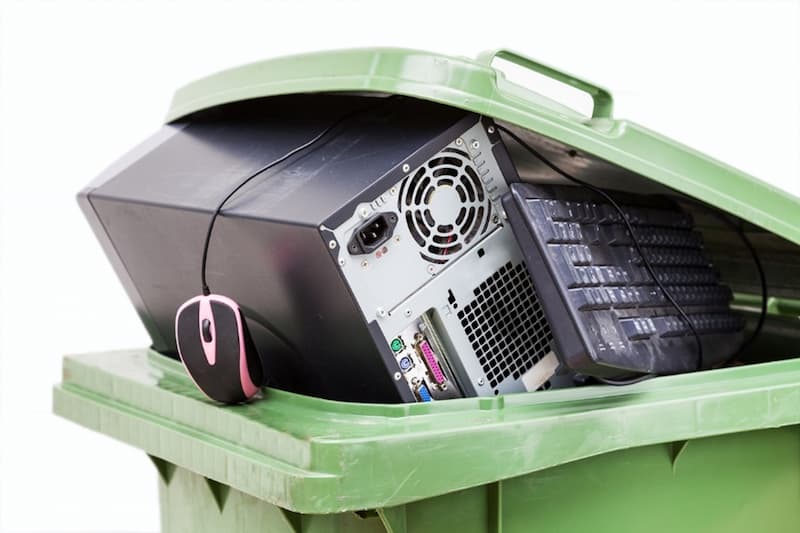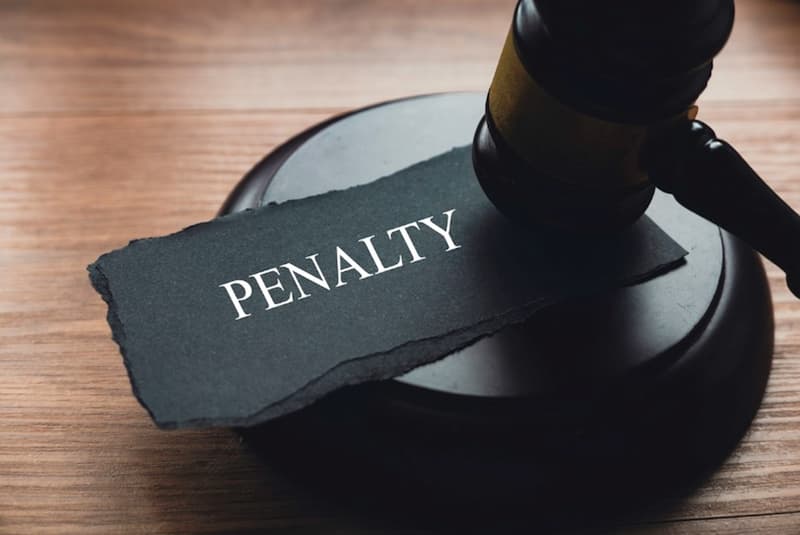A Guide to Compliant E-Waste Disposal Regulations

Electronic devices have become incredibly ingrained in our daily lives. Once we decide to upgrade them, we must dispose of the old ones consciously, addressing their environmental implications and impact. Electronic device disposal doesn’t merely involve getting rid of our old gadgets; it’s a responsible process that must be carried out in compliance with the law. But what are the legal obligations of e-waste disposal in the UK? And what happens when we don’t follow the rules that the government has in place?
In this blog, we explore why compliance in electronic device disposal is indispensable, as well as the legal requirements and eco-friendly practices that, at ICT Reverse, we employ to help you stay on the right side of the law.

Why Does Compliance Matter? UK Regulations and Initiatives
The first question we must answer is: why is compliance in IT asset disposal so essential? When we decide to buy a new device, whether a laptop, a smartphone, or a tablet, of course, we need to get rid of our outdated electronic equipment to maintain an efficient collection. Unfortunately, if disposed of irresponsibly and without following the appropriate procedures, these devices often end up piling up in landfills, leaking harmful substances into the environment. To prevent this negative impact from happening, there are specific regulations in place to guide both businesses and individuals in the proper disposal of electronic waste.
The UK takes electronic waste disposal very seriously and has established several regulations and initiatives to guarantee an efficient, responsible management process of e-waste. These guidelines were created with the specific objective of reducing the environmental impact of electronic devices and promoting a much healthier corporate IT disposal process.

Legislation and Environmental Responsibilities: Waste Electrical and WEEE Directive
One key regulation to be aware of is the Waste Electrical and Electronic Equipment (WEEE) Directive. This directive underscores the shared responsibility across the electronic supply chain to make sure that electronic waste is managed correctly. This means manufacturers are tasked with designing products with end-of-life considerations, distributors need to guarantee the proper disposal of unsold items, and consumers must responsibly discard their old devices.
For businesses like ours, for instance, this directive translates into the need for streamlined processes for devices often replaced, such as corporate mobile recycling, to align with its guidelines. By adopting such efficient and eco-conscious methods, businesses and individuals not only meet regulatory requirements but also play their part in contributing to a more sustainable future by reducing the environmental impact of electronic waste. So, the WEEE Directive serves as a practical guide to promote responsible practices and contribute to a greener approach to technology’s life cycle.

Implications of Non-Compliance and Penalties
Since we saw that the UK pays particular attention to e-waste disposal, veering off the path of compliance will lead to a set of unpleasant consequences that businesses should be mindful of. Non-compliance with the regulations governing electronic waste disposal can trigger serious penalties, and these penalties shouldn’t be taken lightly, as they can come in the form of both financial repercussions and legal actions. To steer clear of such pitfalls, many businesses are turning to compliant e-waste disposal services like ours at ICT Reverse. By doing so, they not only fulfil their regulatory obligations but also free up valuable resources to focus on their work without the threat of penalties.
Choosing a compliant e-waste disposal service, then, means to safeguard against potential legal and financial headaches effectively. With our services, businesses can rest assured that their electronic waste is managed in accordance with the regulations in place. This strategic choice also allows companies to have the necessary peace of mind that comes from knowing their e-waste disposal aligns with the UK legal requirements, which is not to underrate.

Chain of Custody and Documentation
When it comes to IT equipment disposal, maintaining a clear chain of custody and proper documentation is critical, as every step of the process must be as transparent and traceable as possible. This practice involves keeping a detailed account of every person or entity that comes in contact with the electronic devices being disposed of, maintaining a clear record of the journey a device takes from the point of collection to its final disposal, establishing accountability, traceability, and adherence to regulations throughout the process.
In terms of documentation, details such as the type and quantity of electronic devices collected, methods of disposal, and compliance with relevant laws are essential to include. Proper documentation not only serves as evidence of legal compliance but also provides clients and regulatory bodies with the assurance that the disposal was conducted responsibly, providing further transparency and helping build trust among stakeholders involved in the electronic waste management cycle.

Stay Aligned with UK E-Waste Regulations with ICT Reverse
In light of what we’ve just discussed, it is clear how the incredible importance of eco-friendly and sustainable e-waste disposal is becoming increasingly indispensable. Choosing to collaborate with us, ICT Reverse, a responsible UK IT asset disposal provider, allows retail businesses to actively contribute to environmental well-being while aligning with a responsible, efficient, and secure electronic device disposal process.
By working together with our clients, we guarantee a transparent, safe, and conscious disposal of their old devices that benefit their business and the planet. Contact us today to explore how we can assist you in achieving your goal of optimising your equipment, all while maintaining a focus on compliance and sustainability.
